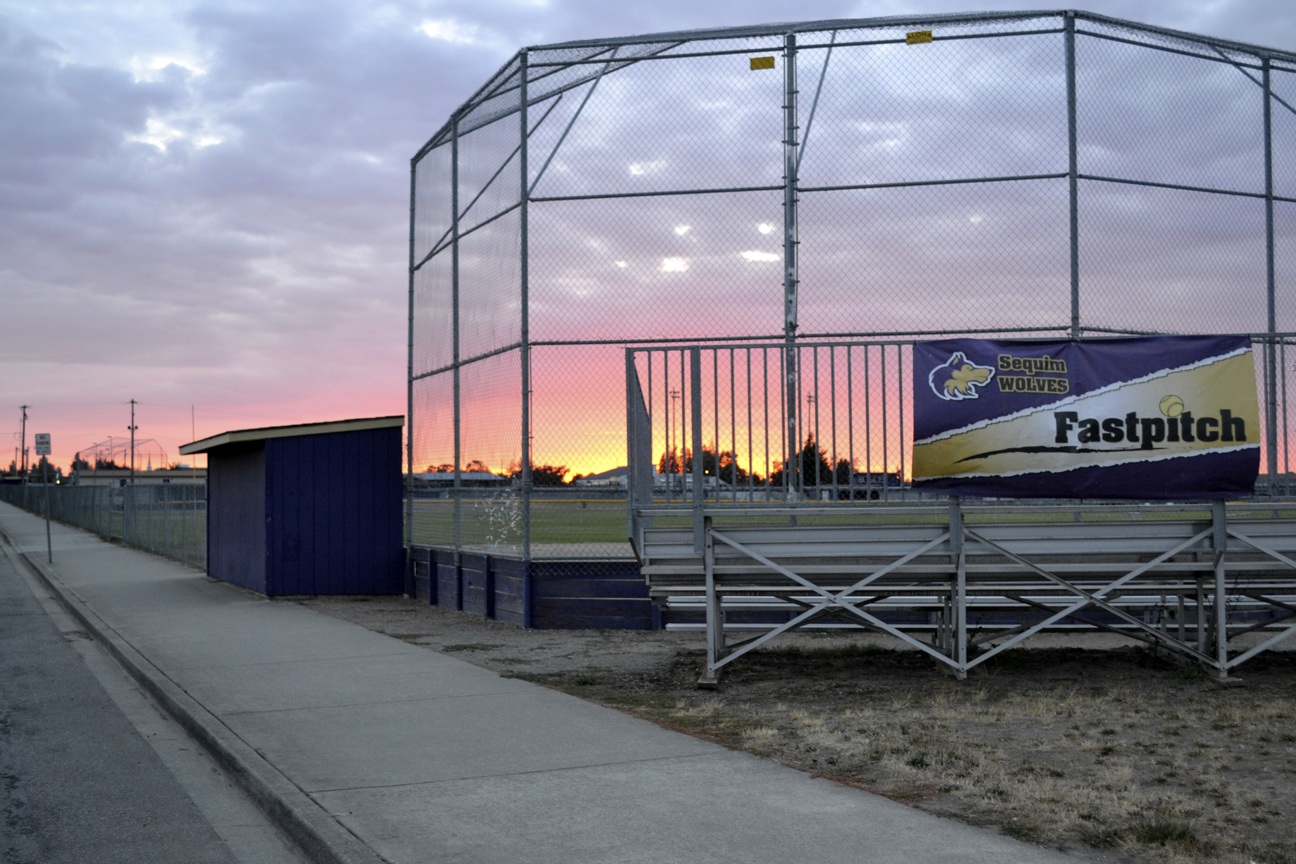SEQUIM — Plenty of big projects are brewing in the city of Sequim next year, city staff told the Sequim City Council.
But what becomes a reality depends partly on grants and loan requests, city staff said.
About $6.2 million is tentatively set for capital projects and purchases in the city’s $30 million proposed 2017 budget. Among those projects — tentatively — is continuing work to rebuild one of the most bumpy stretches in city limits along Fir Street between Sequim and Fifth avenues.
City staff budgeted $793,500 for the improvements, with about $688,000 coming from a federal Surface Transportation program grant to continue road engineering.
Sequim Public Works Director David Garlington said Monday that staff is waiting to hear back in the coming weeks whether they will receive another grant worth about $700,000. The city would put the funds toward rebuilding the roadway with new sidewalks, curbs and gutters, and repair irrigation lines.
Garlington said construction would begin only if the city is awarded the grant.
“The project has to happen all at once,” he said.
City staff estimate surface repairs of the Fir Street stretch could cost about $3.3 million, not including underground utility work, construction engineering and management, and more elements of the construction process.
Sequim’s streets overall are currently rated at a 70 in the Pavement Condition Index, where city staff assess the condition of roadways. This portion of Fir Street is rated a 26.
“Fir Street is one of our worst in town, and it’s important to improve the safety along there, especially with four schools there,” Garlington said.
If the project were to move forward, it would move the north sidewalk, fencing, plantings and structures about 20 feet from the current road’s edge, city officials said.
With a shortage of available funds for larger projects, City Council members gave the OK on July 11 in a 6-1 vote with Councilman John Miller opposed to the city taking on low-interest loans over 20 years for sewer and water projects.
“Grants and low-income loans are how we are trying to move our capital improvement program forward,” said Sue Hagener, Sequim director of administrative services.
“We’re doing the best we can to get outside funding. We do expect the city to contribute to some of the projects, though.”
City staff applied for loans from the state departments of Ecology and Health with some of the principal forgiven.
These loans would be the first debt the city has taken on since financing the construction of the Sequim Civic Center and paying off Keeler Park.
The projects include expanding a booster station to transfer water from the Port Williams Wellfield to a reservoir to increase reliability of water service ($745,000 budgeted), replacing water lines ($481,000) and sewer lines ($517,000) on Sunnyside Avenue, performing engineering for an aerobic digester for two 100,000-gallon cells to increase capacity ($157,000) at the Water Reclamation Facility and constructing a new lift station for waste at Doe Run Road ($261,000).
From documents provided in July, the aerobic digester loan came in at 2 percent interest over 20 years with $89,025 in forgivable principal, while the Sunnyside sewer and the Doe Run lift have 1.8 percent interest and up to $66,107 in forgivable principal.
The Port Williams booster station and the Sunnyside water main replacement both have 1 percent interest over 20 years.
At the July 11 council meeting, city staff said delaying these projects could cost the city more over time.
Garlington said then that staff members were eyeing three water quality grants worth about $250,000, but the grants were later defunded.
City Council members also serve as the board for the Transportation Benefit District that has a few proposed new street projects in 2017, too.
Projects include $71,000 to create bike lane striping on both sides of Third Avenue from U.S. Highway 101 to Fir Street, $60,000 for safety projects, $20,000 to convert street lights to LED and $104,000 for pavement rehabilitation.
City staff also budgeted $52,000 to extend the Olympic Discovery Trail from North Sequim Avenue to North Brown Road to provide a separated shared-use path for pedestrians, cyclists and electric scooters.
A grant could be coming in, too, to identify signal timing and coordination of the Washington Street and Sequim Avenue signal to improve traffic flow, city staff said. Next year’s budget includes $150,000 for this project coming from impact fees.
The budget is booming in city parks in 2017. Traditionally, the city spends about $100,000 annually on parks but has $539,000 tentatively dedicated to parks in 2017.
Two projects that are likely to move forward include relocating Carrie Blake Park’s road entrance ($274,000) and installing pickleball courts ($205,000).
The relocation moves the road south between the skate park and Trinity United Methodist Church and connects to North Rhodefer Road with a roundabout in the middle to prevent speeding. The new road would result in closing off the existing main entrance that runs between the playgrounds.
Hagener said relocating the road must be done before other projects such as installing pickleball and tennis courts.
City staff announced Monday that design work for the pickleball courts would begin in November.
Hagener said the city has $60,000 from impact fees set aside for new tennis courts, too, but the rest of the funding would need to come from donations/outside sources at this juncture.
The city is committing $51,000 toward pickleball courts while local pickleball players are contributing the rest.
The City Council will open its first public hearing on the budget Monday, Nov. 14, with a second hearing Monday, Nov. 28, and adoption tentative that night at the Sequim Civic Center, 152 W. Cedar St.
Read more on the city’s budget at www.sequimwa.gov.
________
Matthew Nash is a reporter with the Olympic Peninsula News Group, which is composed of Sound Publishing newspapers Peninsula Daily News, Sequim Gazette and Forks Forum. Reach him at mnash@sequimgazette.com.

